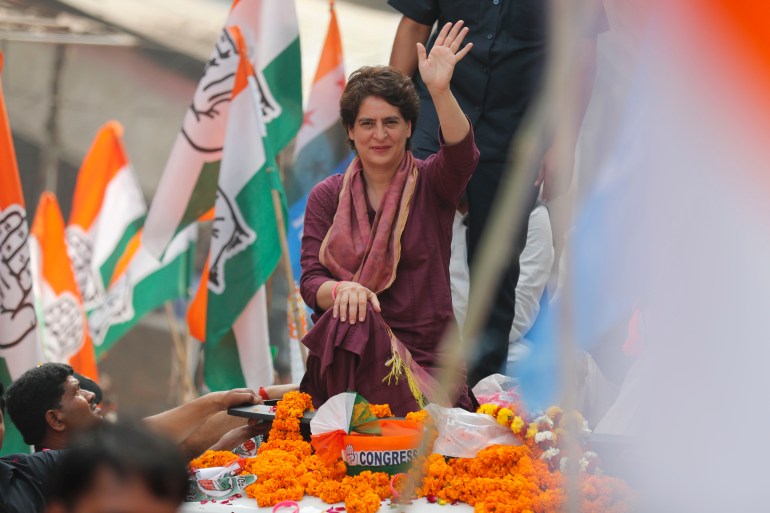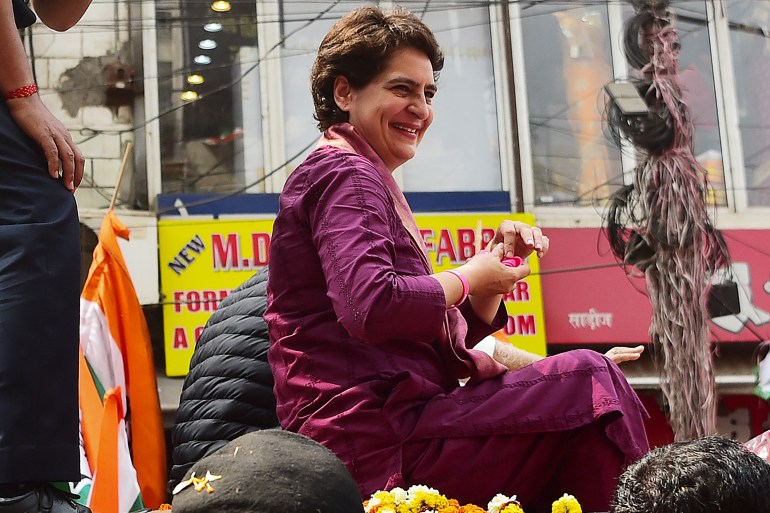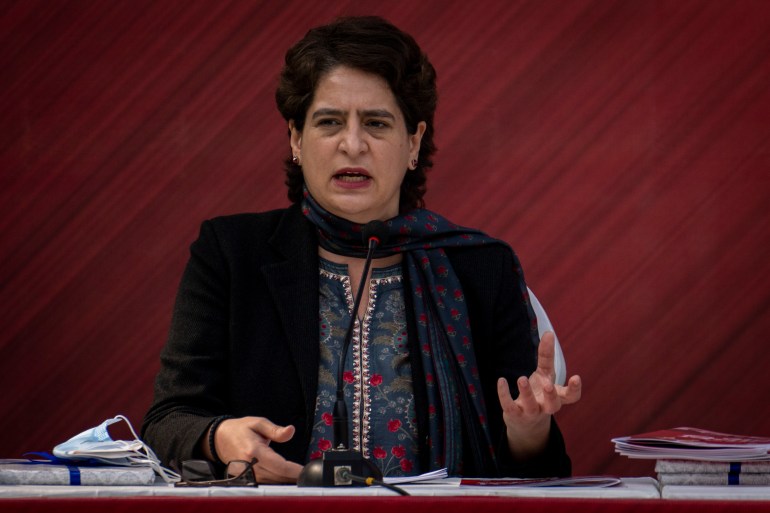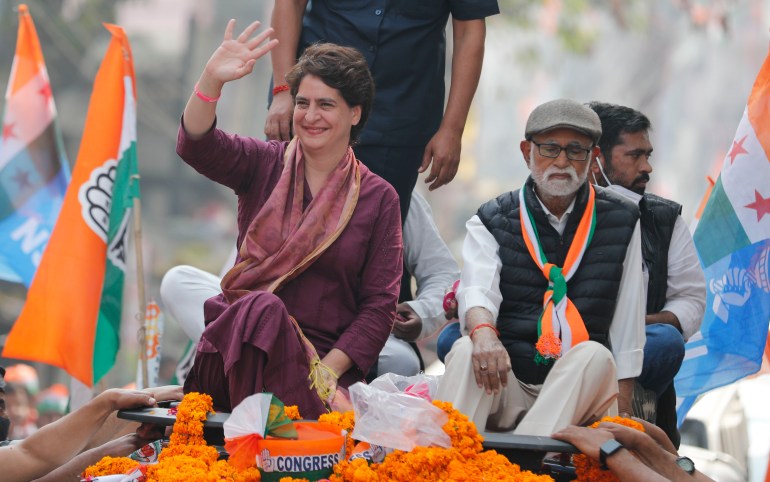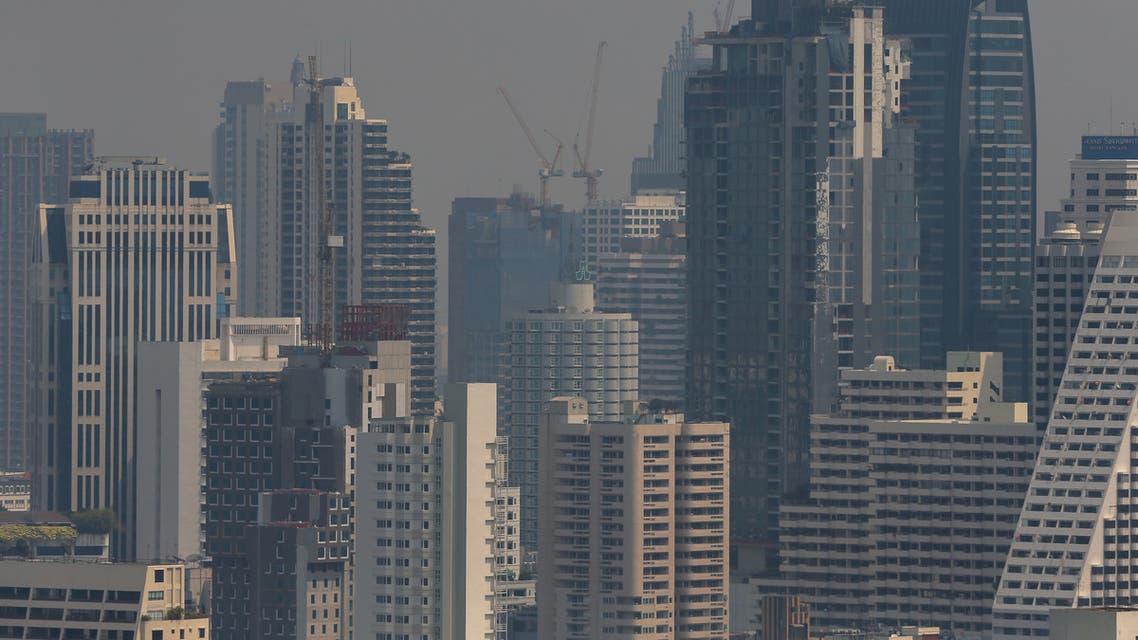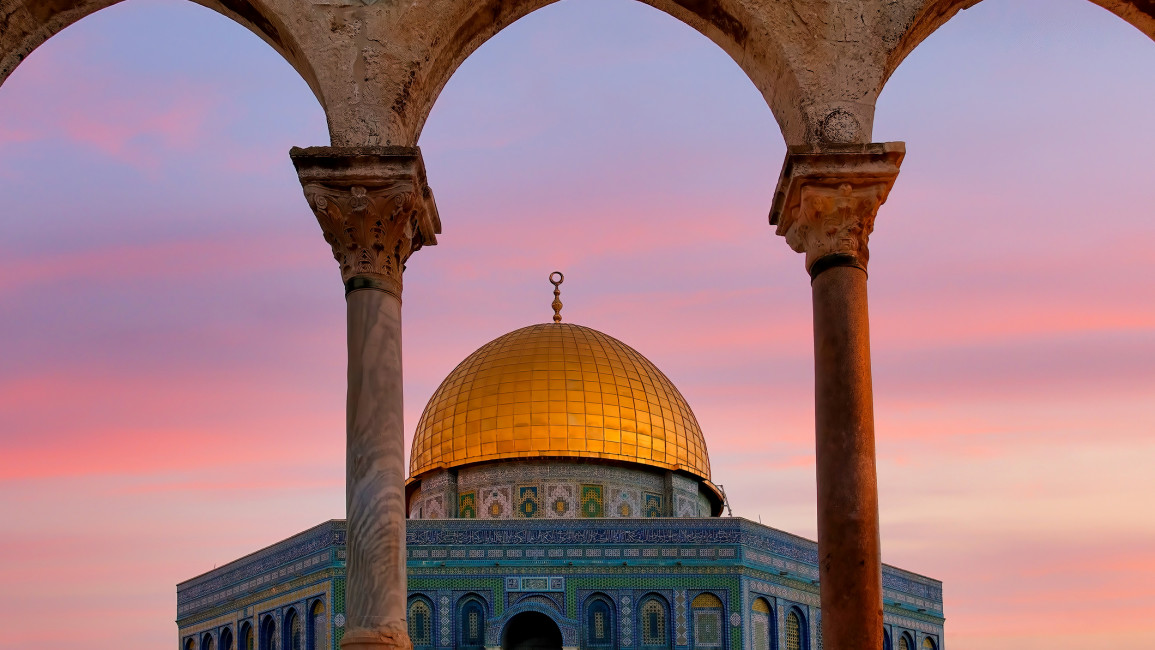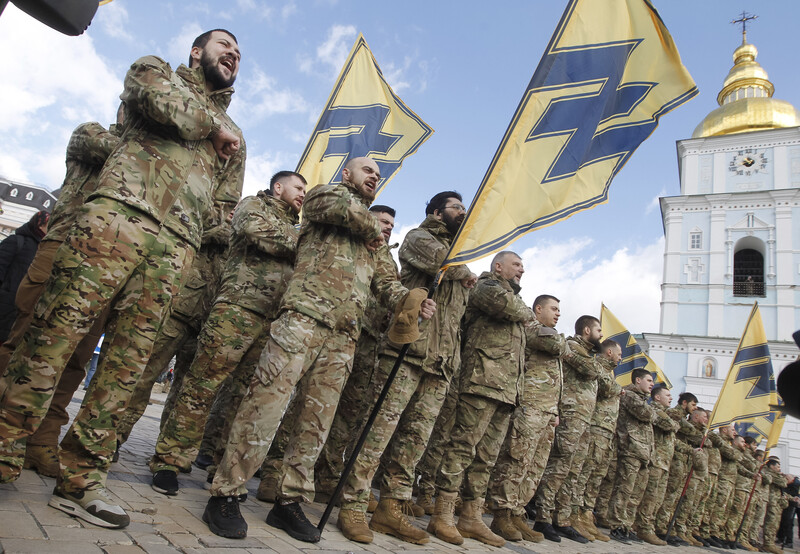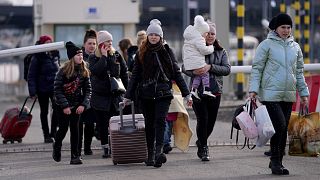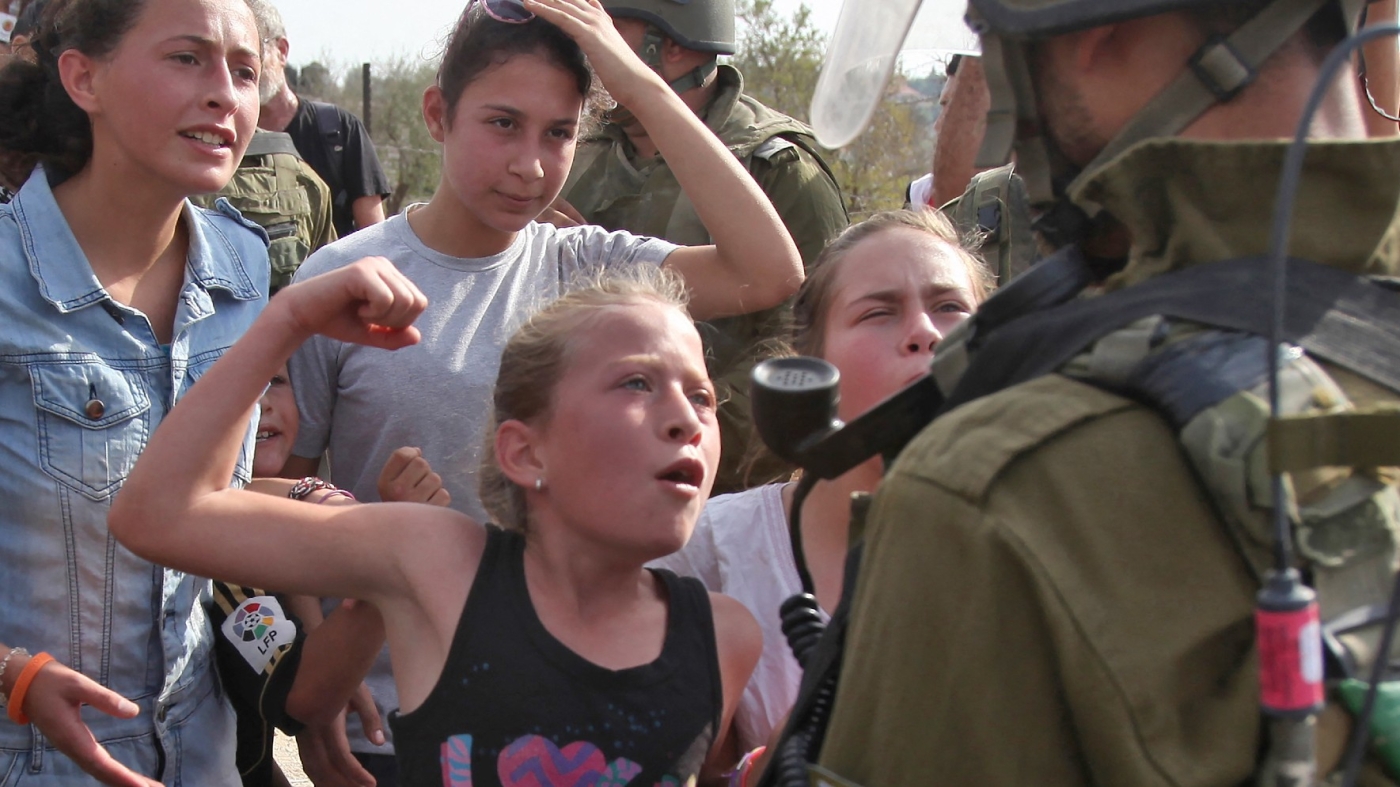HINDUISM IS NOT HINDUTVA
Hindu Devotees Throng Temples to Worship Lord Shiva on 'Maha Shivratri' Festival – Video
Maha Shivratri, the day when Lord Shiva married Goddess Parvati – as the legend goes – has been celebrated by Hindus since time immemorial. The duo is worshipped as the symbol of love, power, and togetherness.
People across India are celebrating the festival of Maha Shivratri, dedicated to Lord Shiva, on Tuesday by visiting temples to worship the deity.
These temples are reverberating with hymns and devotees' religious chanting of "Har Har Mahadev" or "Om Namah Shivai" in the name of Shiva.
Every year on this day, devotees visit temples and offer milk, honey, and flowers to Lord Shiva's phallic symbol -- "Shivalingam" – and pray before his statue. The temples become choc-a-bloc with people.
From taking a dip in the holy water of sacred rivers at different religious spots to fasting and meditating at home, devotees of Lord Shiva celebrate the day with much fanfare.
With the COVID-19 situation improving, spirits are high in India after almost two years of restrictions.
Also known as the "Great Night of Lord Shiva,'' Maha Shivratri falls on the darkest night of the year as per the Hindu calendar, and devout Hindus spend all night awake, chanting hymns for their spiritual awakening.
Prime Minister Narendra Modi along with several other politicians and celebrities took to social media to wish people luck on this special day.

© Photo

© Photo

© Photo
Netizens have flooded Twitter with pictures of Hindu devotees visiting temples and taking a dip in the holy water of the Ganges in Haridwar city.

© Photo
Noted sand artist Sudarsan Pattnaik from Odisha state also created a sculpture of Lord Shiva adorned with 23,436 "rudrakshas" (stones used as prayer beads) on Puri beach to express his devotion to Shiva.

© Photo

